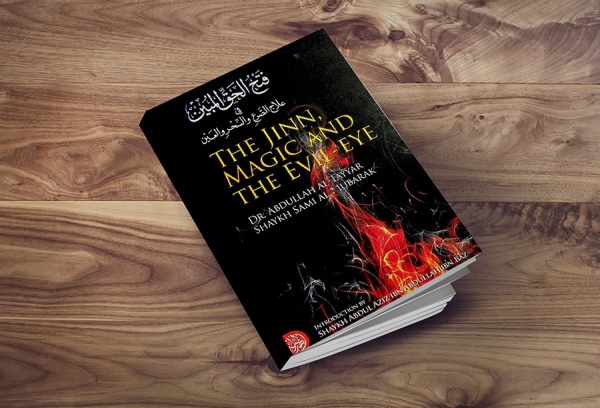
Dr. Abdullah al-Tayyar & Shaykh Sami al-Mubarak
Language: English | Format: PDF | Pages: 286 | Size: 5 MB
The Jinn, Magic and the Evil-eye Dr. Abdullah al-Tayyar & Shaykh Sami al-Mubarak Introduction by Shaykh Abdul Aziz ibn Abdullah ibn Baz From haunted houses and levitating objects to demons invading and taking over human bodies.
There are abundant movies available in the Western world which focus on this phenomena.
Indeed, it is from human nature to be intrigued by the unknown and unseen. But what does Islam say concerning this mysterious world? It is actually part of a Muslim’s religion to believe in the unseen, to believe in the world of the Jinn, and to believe in magic. Most of us are unaware of the reality of the Jinn who live alongside us and interact with us in more ways than we can imagine. What is the correct Islamic viewpoint on the Jinn and the affairs connected to them? Can magic really affect us? Do Jinns have the ability to possess and harm us? Can we go to fortune-tellers? What is the evil-eye? And most importantly of all, how do we protect and cure ourselves from Jinn possession, magic and the evil-eye? Find out the answers to all these questions as the authors provide an unprecedented, detailed account of this topic. Continue reading








